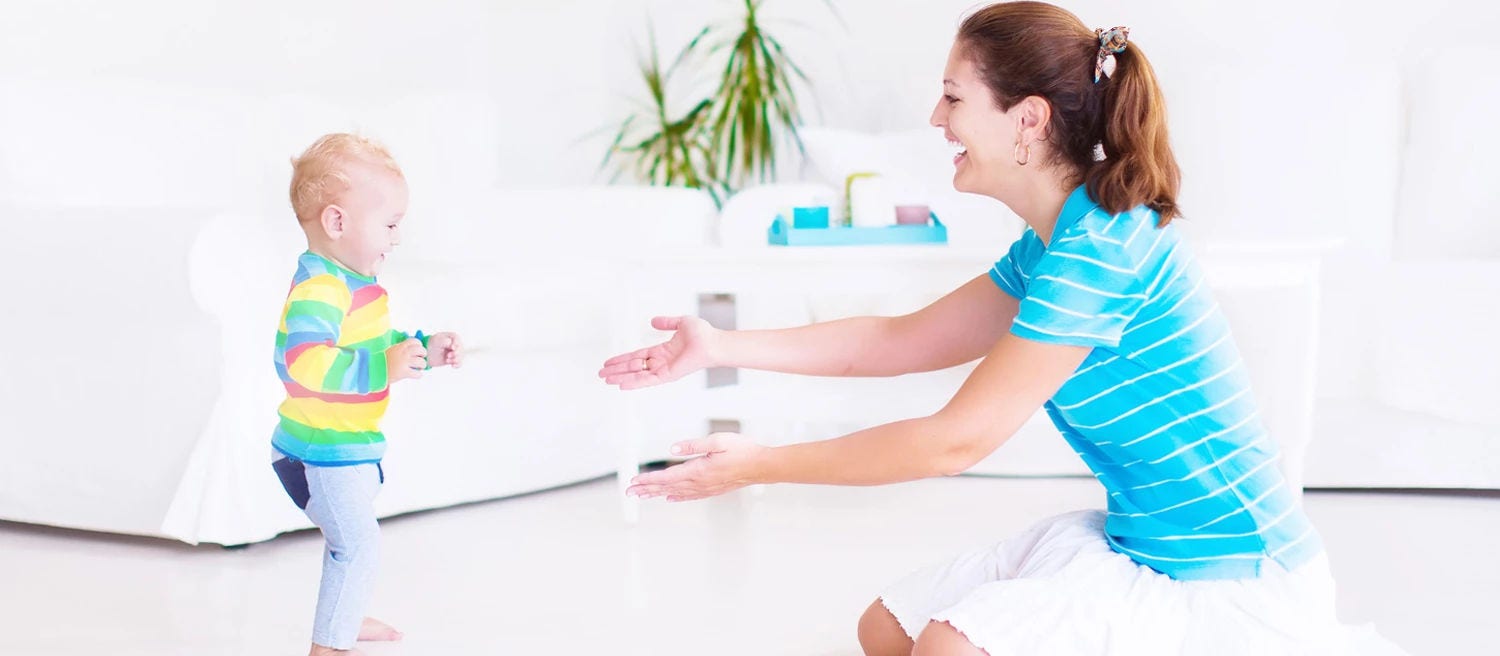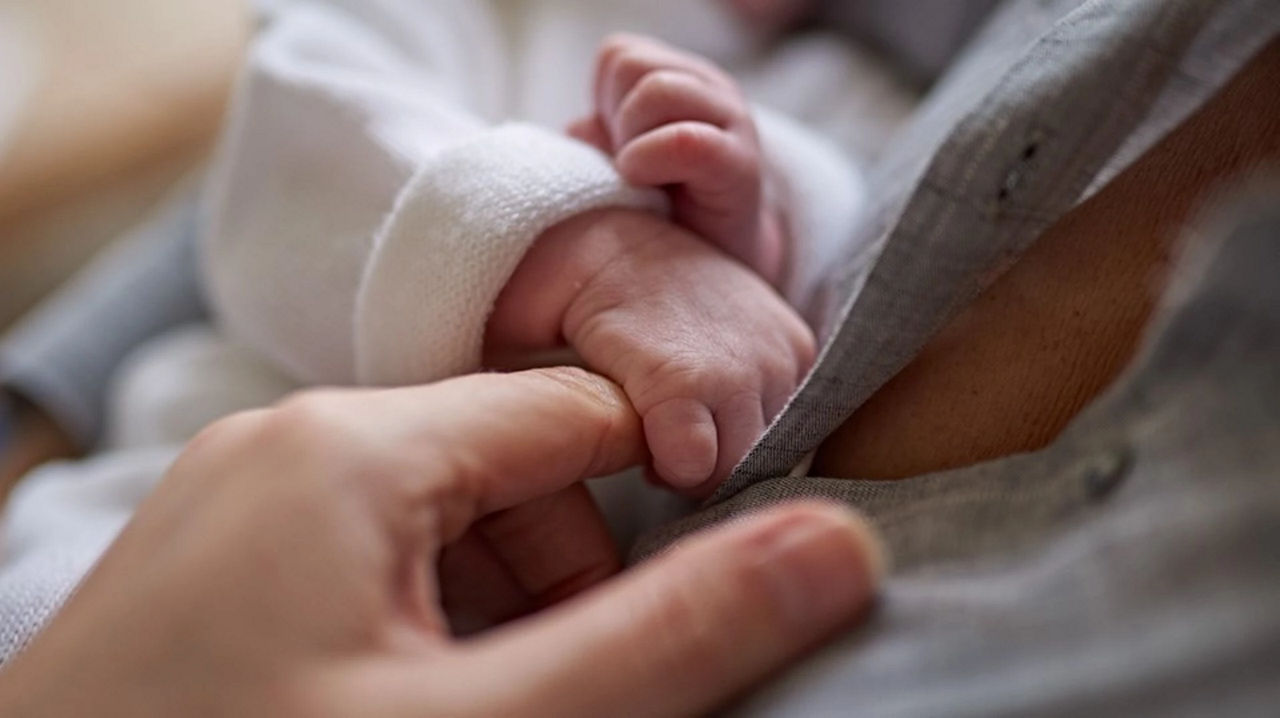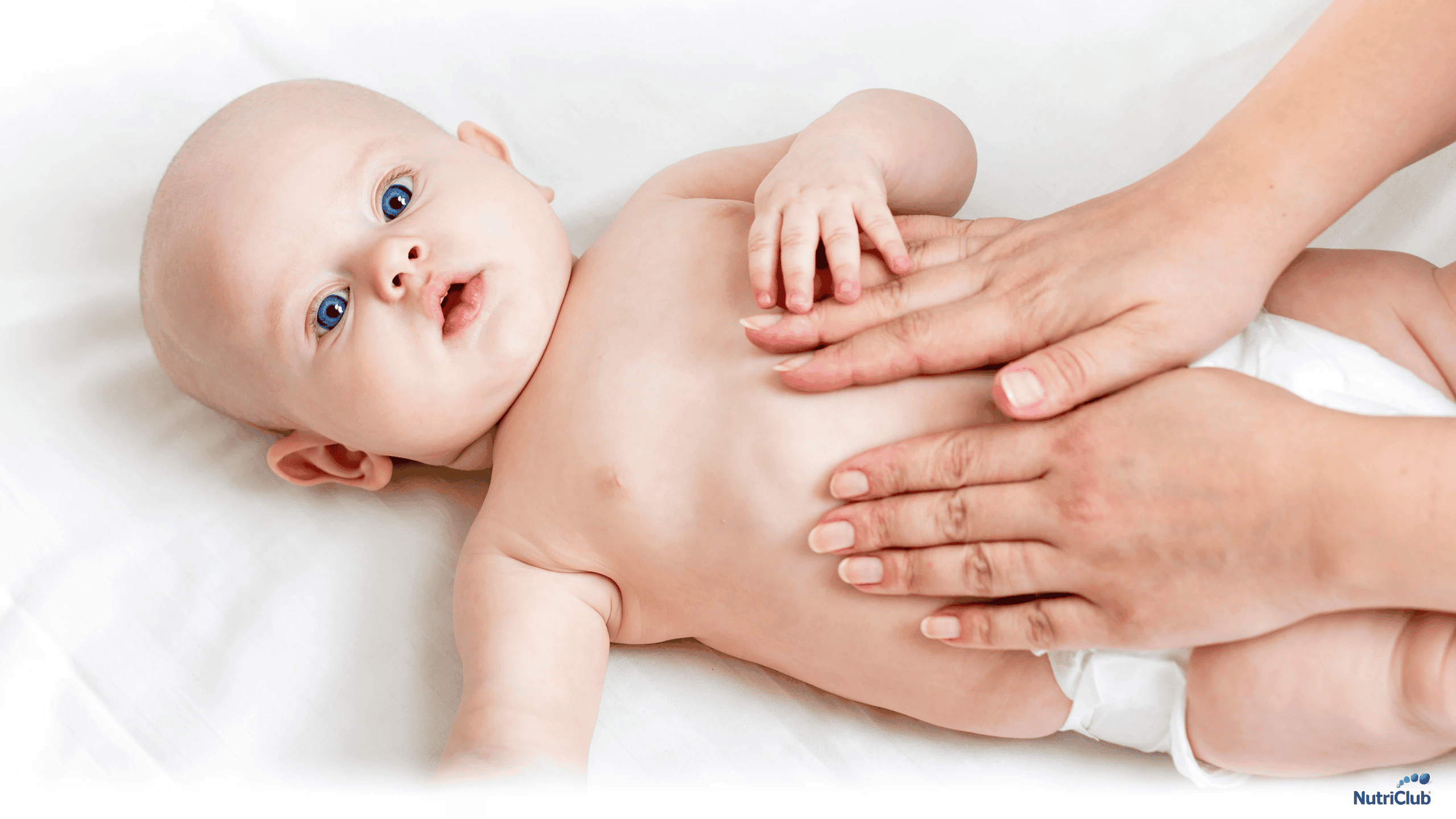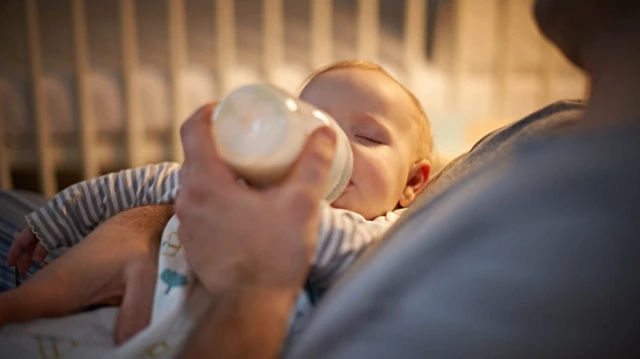Congratulations and well done, as you will have realised they don’t call it labour for nothing! Your body has done a wonderful job during pregnancy and now has a lot of healing and recuperation to do. So, whether you had a straight forward drug free delivery of your baby or a caesarean section , over the next 6-12 weeks you need to really look after yourself.
Postnatal Body Care
Building the connection

Building the connection
What are afterbirth pains and how long do they last?
Afterbirth pains are caused by the muscles in your uterus contracting. These muscles contract to help stop the bleeding from where your placenta was attached to the walls of your uterus. Contraction of these muscles also helps to shrink your uterus back down into your pelvis. When you feel these pains you may also experience heavier blood loss or you may even pass some small clots. Some women have described these afterbirth pains as being as severe as contractions.
The length of time you will experience afterbirth pains is very individual but they will usually have eased significantly after 1 week. However, a pain in your uterus that is constant and very tender to touch needs investigation by your GP or Midwife if you are still in hospital.
Will I bleed after giving birth?
Yes, vaginal blood loss is normal after having a baby- vaginal delivery or caesarean section.
It is important to monitor your bleeding, every woman will be different but the main thing is it should be reducing in amount every day, gradually becoming brown in colour (much like the end of a period).
If you begin to bleed heavily or if you pass a large blood clot and your bleeding becomes heavy you need to contact your maternity hospital for advice. Also if you think your bleeding is foul smelling contact your Hospital or GP.
Vaginal bleeding will usually have stopped by the 6 week mark, but every woman is different and some do report bleeding up to 12 weeks. Your womb will take up to 12 weeks to go back down into the pelvis.
I have stitches how often do I need to clean them?
Personal hygiene is always important but it requires special attention if you have stitches on your perineum. The stitches are usually dissolvable and will take around 2 weeks to dissolve, (you may see white threads on your underwear when they are dissolving). My advice is to change your pad regularly. Clean the area with plain water every time you change your pad and it’s no harm to clean the area after you go to the bathroom.
If you are having a bath or shower don’t use shower gels or any bath products on the area as they can cause your stitches to dissolve too early; just use plain water.
The best tip for caring for stitches I can give you is to use a mirror and check them every day. I know it might not sound that appealing but it is the only way you will know for sure if the stitches are becoming infected. If you have any concerns about your stitches get them checked out by your Public Health Nurse or GP.
If you have had a caesarean section, clean the wound at least twice a day, with just plain water. Check it regularly in the mirror this way you will notice if there is any ooze from the wound. If you notice any ooze or you feel that it is not healing as it should (ie beginning to separate at any point, very warm to the touch or flaring redness around the wound) get it checked by your GP or PHN.
I feel tired and sore, is this normal?
It is normal to feel tired and sore after giving birth. This is due to various reasons.
- After birth your hormone levels begin to decrease causing your ligaments that were relaxed when you were pregnant to tighten again, leaving you feeling stiff.
- Muscles can be tired and aching from the labour and delivery. Pushing a baby out uses every muscle in your body, again leaving you tired and sore.
- You may have been in labour for a few days and may therefore be lacking sleep, add to that the excitement of a new baby and yes you will feel tired. Sleep when baby sleeps is the key.
Why not download our Postnatal Exercises and Advice booklet for more information or contact our Careline.
Related articles

Get in touch with our Careline experts
Our nutritionists and feeding advisors are always on hand to talk about feeding your baby. So if you have a question, just get in touch



